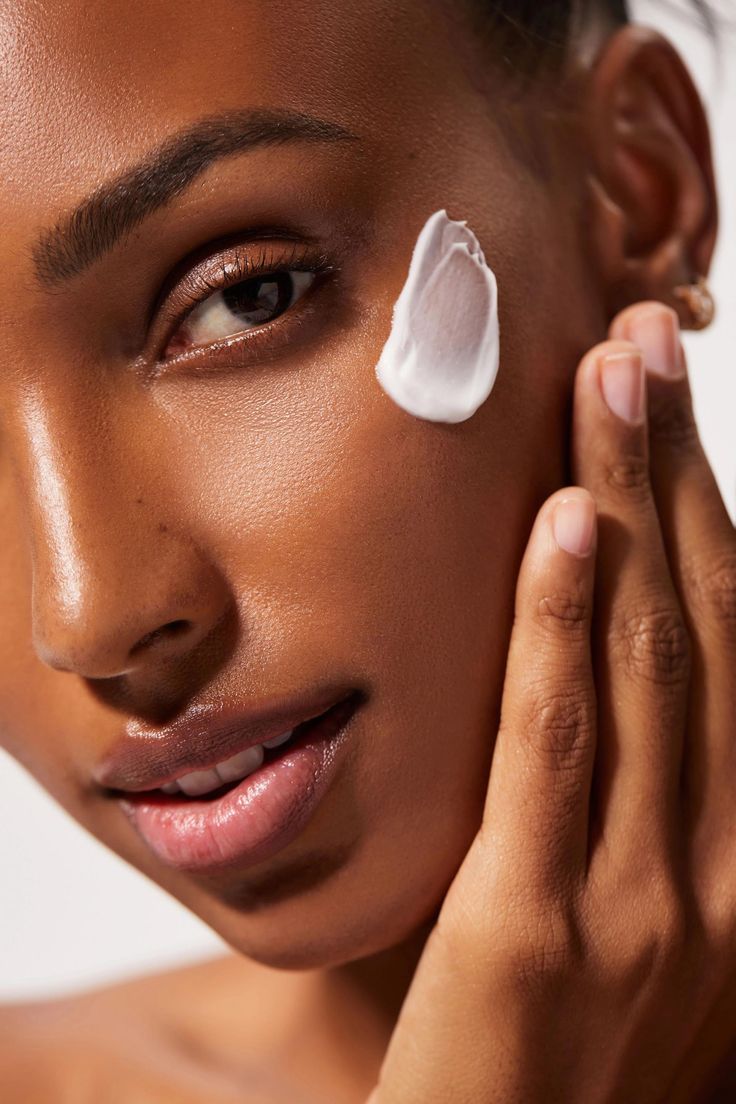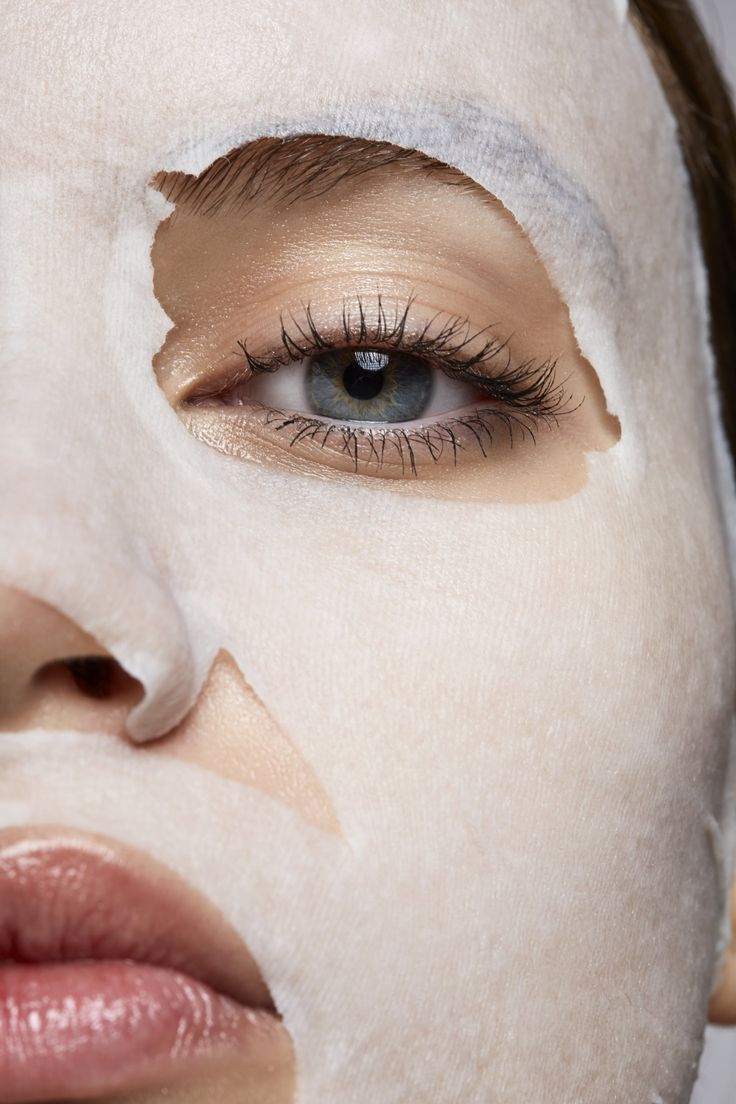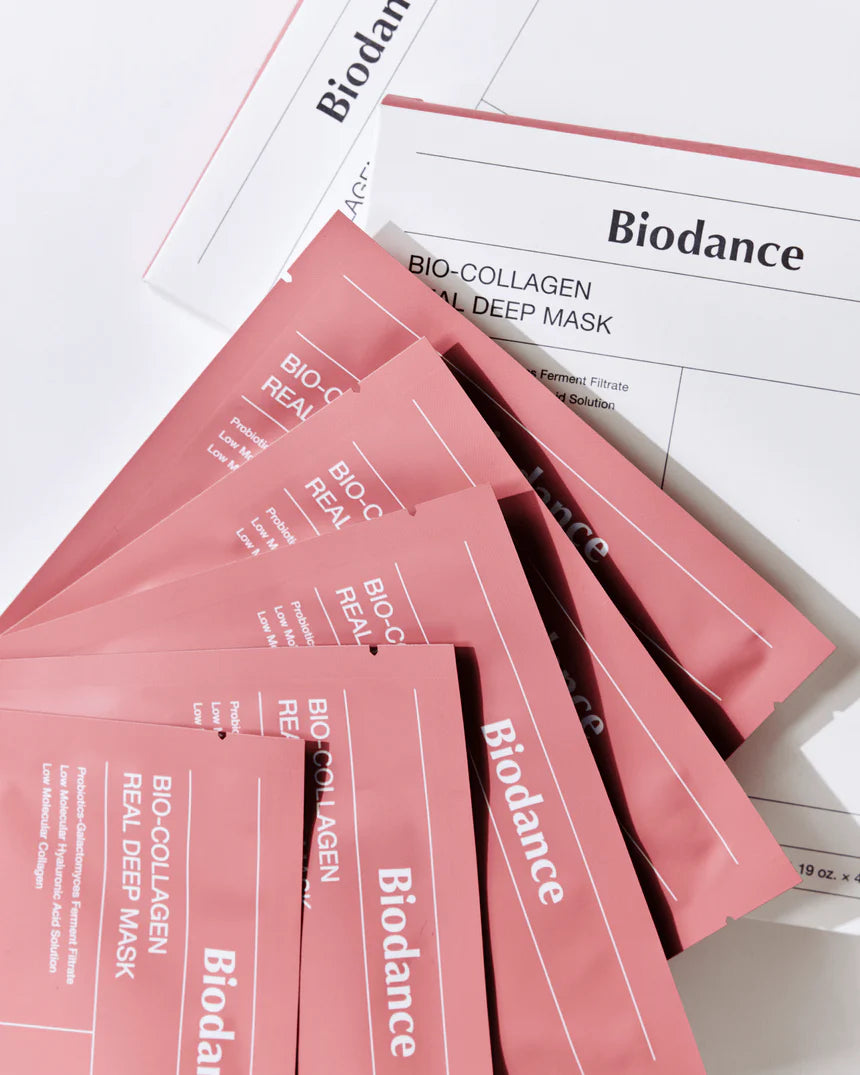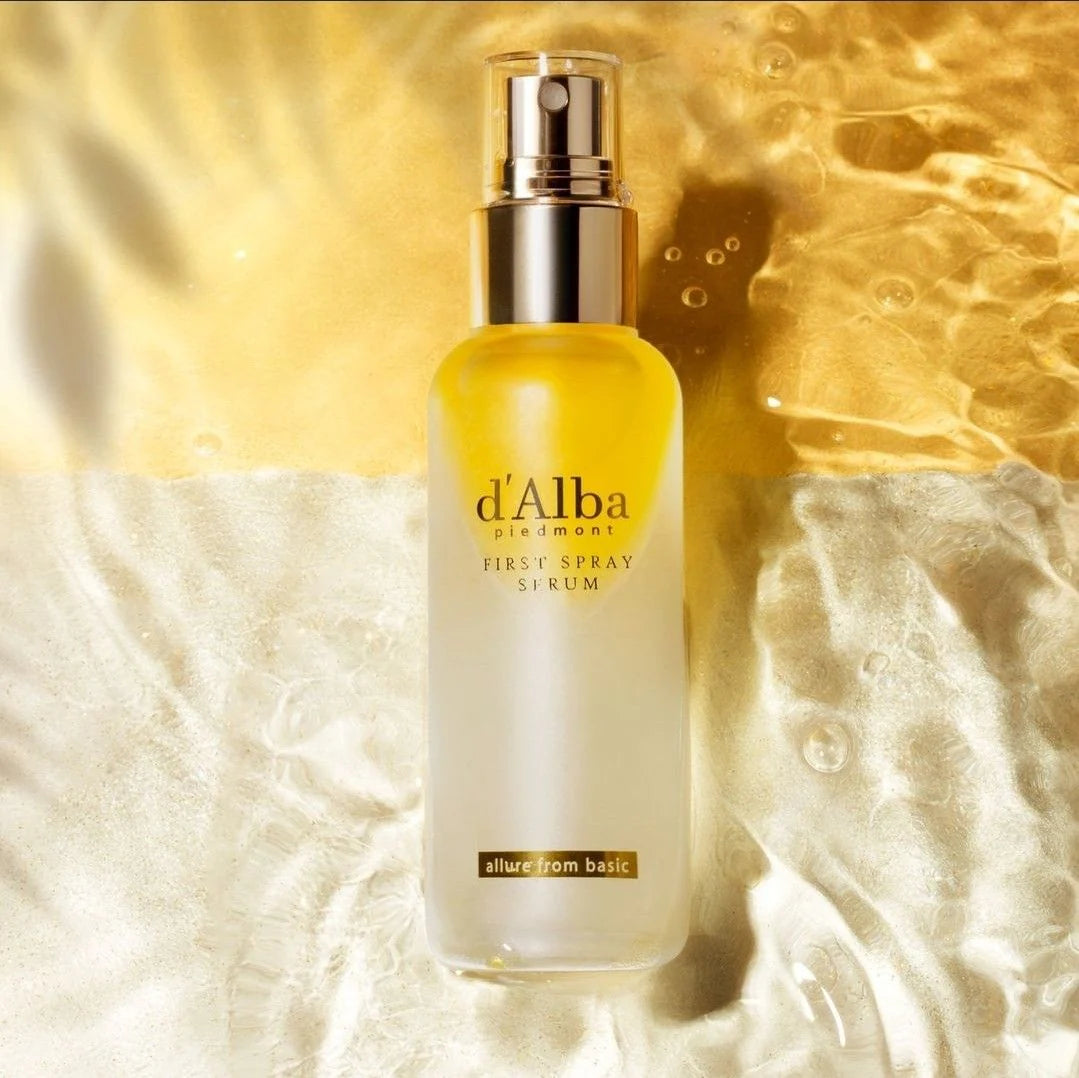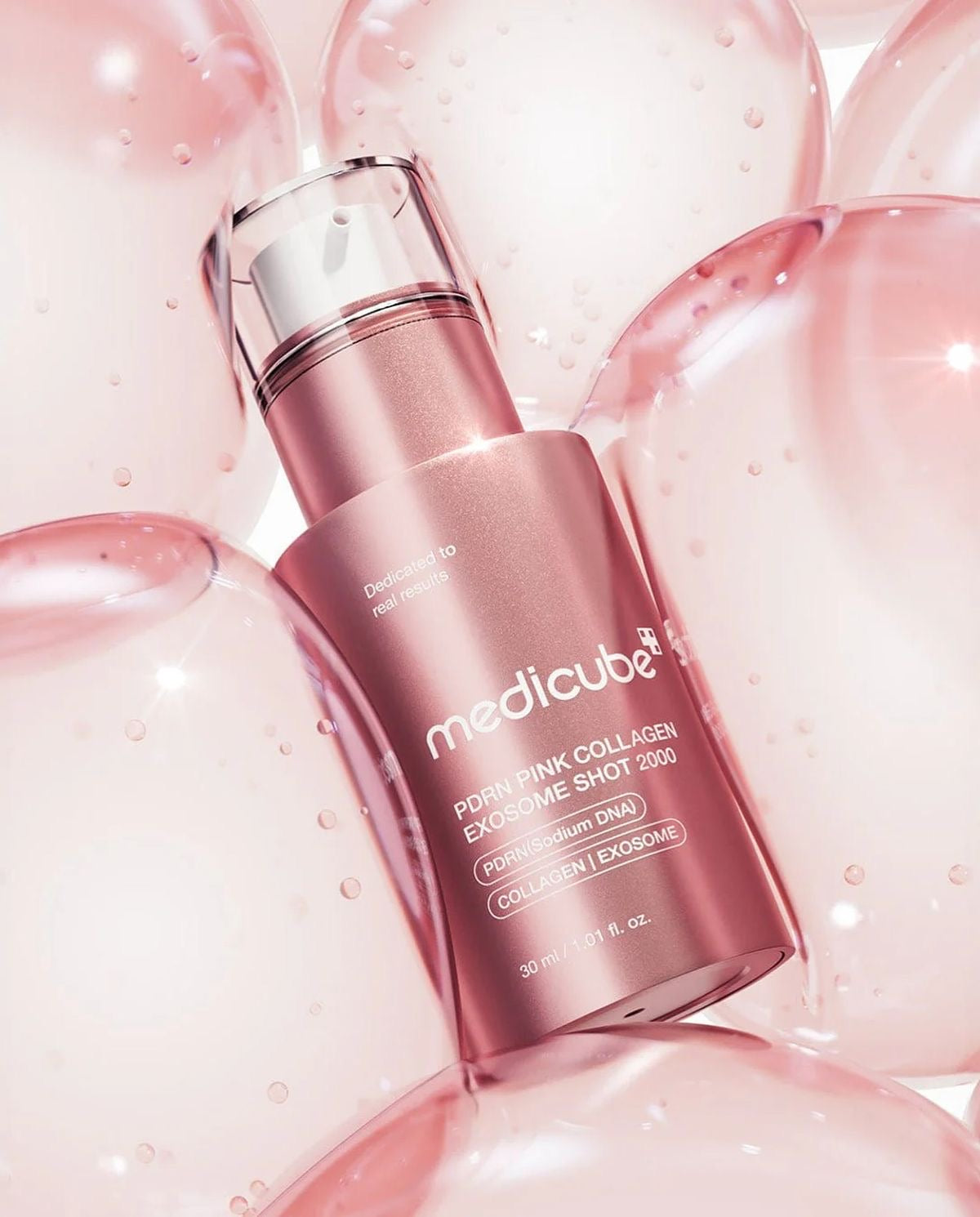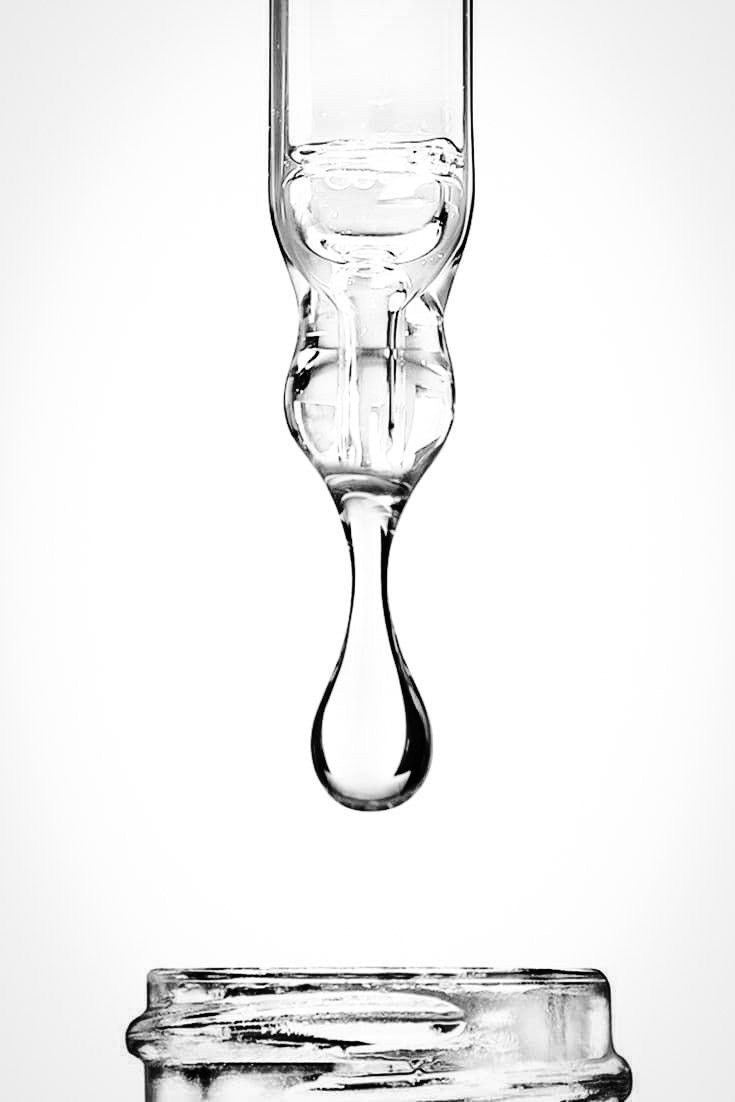Why Korean Skincare is Worth the Hype: The Science Behind the Glow
Korean skincare—often referred to as “K-Beauty”—has become a global phenomenon, praised for its transformative results, radiant skin goals, and innovative products. But what makes Korean skincare truly special isn't just its trendiness—it's the science, philosophy, and integrity behind every formulation. At KOR London, we bring this advanced skincare culture to the UK through a curated selection of multibrand K-beauty products that deliver real, visible results.
🌿 The Philosophy: Prevention Over Correction
One of the core principles of Korean skincare is preventative care. Rather than waiting for problems like aging, acne, or hyperpigmentation to arise, K-beauty emphasizes maintaining a healthy skin barrier and daily nourishment to keep skin balanced, strong, and luminous.
This approach promotes long-term skin health, which is why multi-step routines—like the popular 5- or 10-step regimens—exist. Each step is purposeful, layering hydration, antioxidants, and targeted treatments to help your skin thrive, not just survive.
🧪 Innovation at the Forefront of Beauty Science
Korea is widely recognized as one of the most innovative countries in the beauty industry. Their research labs are often 5–10 years ahead of the Western skincare market. Korean manufacturers constantly explore new extraction methods, fermentation techniques, and delivery systems that increase ingredient efficacy.
Key Innovations You’ll Find in K-Beauty:
-
Fermentation Technology
Used in products like Haruharu Wonder Black Rice Probiotics Barrier Cream, fermentation breaks down molecules so they’re more bioavailable—allowing deeper absorption and better results. -
Encapsulated Actives
In creams like the Accoje Anti-Aging Volume Capsule Cream, encapsulated nutrients release slowly over time, delivering consistent nourishment without irritation. -
Hybrid Formulations
Many K-beauty products double as treatment and care—think Beauty of Joseon Relief Sun: Rice + Probiotics, which is both a high-protection SPF and hydrating essence in one.
🌸 Ingredient Purity & Natural Synergy
Korean skincare is known for its clean formulations—often avoiding harsh alcohols, sulfates, and synthetic fragrances. Many products are formulated with naturally derived, skin-friendly ingredients that have centuries of use in traditional Korean medicine.
Hero Ingredients We Love at KOR London:
-
Centella Asiatica (Cica)
Found in the Cica Cera Cream, this healing botanical soothes irritation and strengthens the skin barrier—perfect for sensitive or acne-prone skin. -
Fermented Black Rice
Rich in antioxidants, it enhances skin elasticity and moisture retention. Look for it in Haruharu Wonder’s Black Rice Toner and Cream. -
Red Beet Extract
Packed with nutrients and skin-brightening vitamins, it's a standout ingredient in Accoje Vital in Jeju Time Repair Serum, which revives dull, tired skin. -
Snail Mucin, Propolis, and Ginseng
These are powerhouse ingredients used for regeneration, healing, and anti-aging, commonly found in many best-selling serums and masks.
📈 Trends Backed by Research, Not Fads
Korean skincare is not just about cute packaging and trends—it’s about results backed by science and consistency. Trends often emerge from clinical testing and consumer demand rather than marketing gimmicks. For example:
-
SPF as Skincare
Korean sunscreens are lightweight, non-greasy, and formulated with skin-benefiting ingredients. That’s why products like Relief Sun: Rice + Probiotics have become global bestsellers. -
Multi-functional Products
Serums that hydrate, brighten, and soothe—like the Time Repair Serum—reflect how K-beauty simplifies routines without compromising effectiveness. -
Barrier-First Approach
Most K-beauty routines prioritize barrier repair and hydration over aggressive exfoliation, reducing long-term damage and sensitivity.

🌞 Glow Smarter This Season
The K-beauty glow isn’t just about shine—it’s about healthy, balanced, and resilient skin. Backed by science, rooted in tradition, and constantly evolving, Korean skincare offers a smarter way to care for your skin.
Explore the power of K-beauty today with KOR London—and discover why the glow is truly worth the hype.
Read more
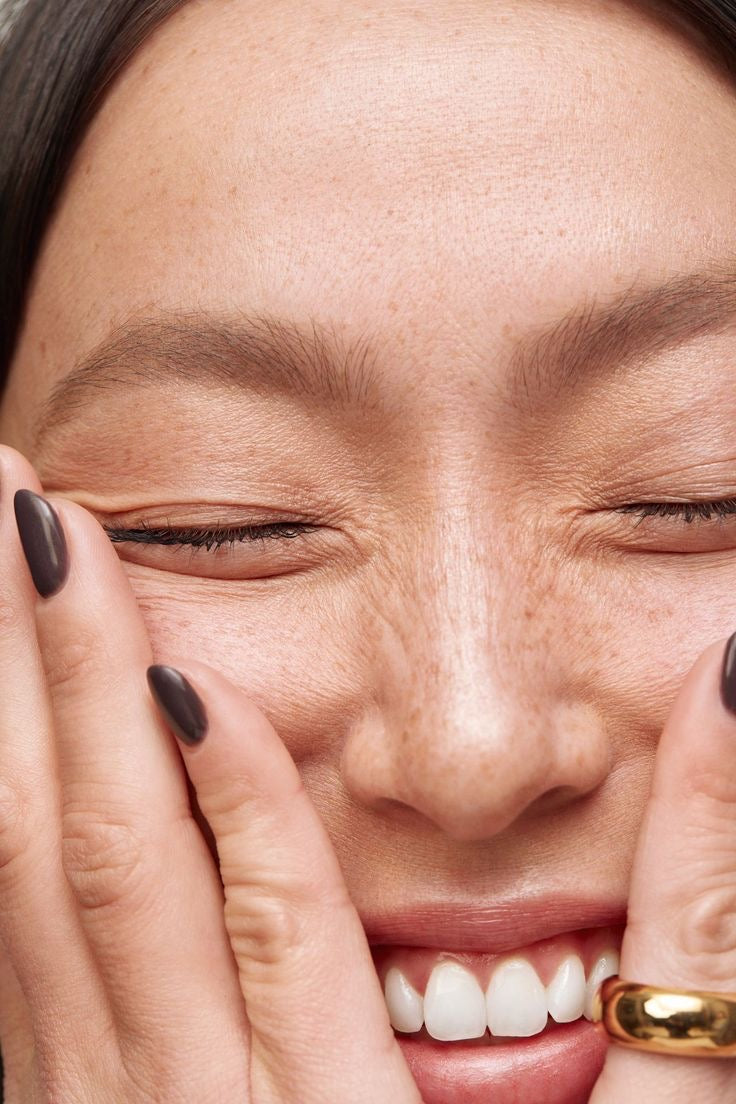
The skin is the only organ on the outside of the body. It is a key organ that protects us.

As the season changes, skin faces new challenges: dryness, sensitivity, and a weakened barrier caused by cooler air and lower humidity. This journal explores how to adapt skincare routines for autu...


